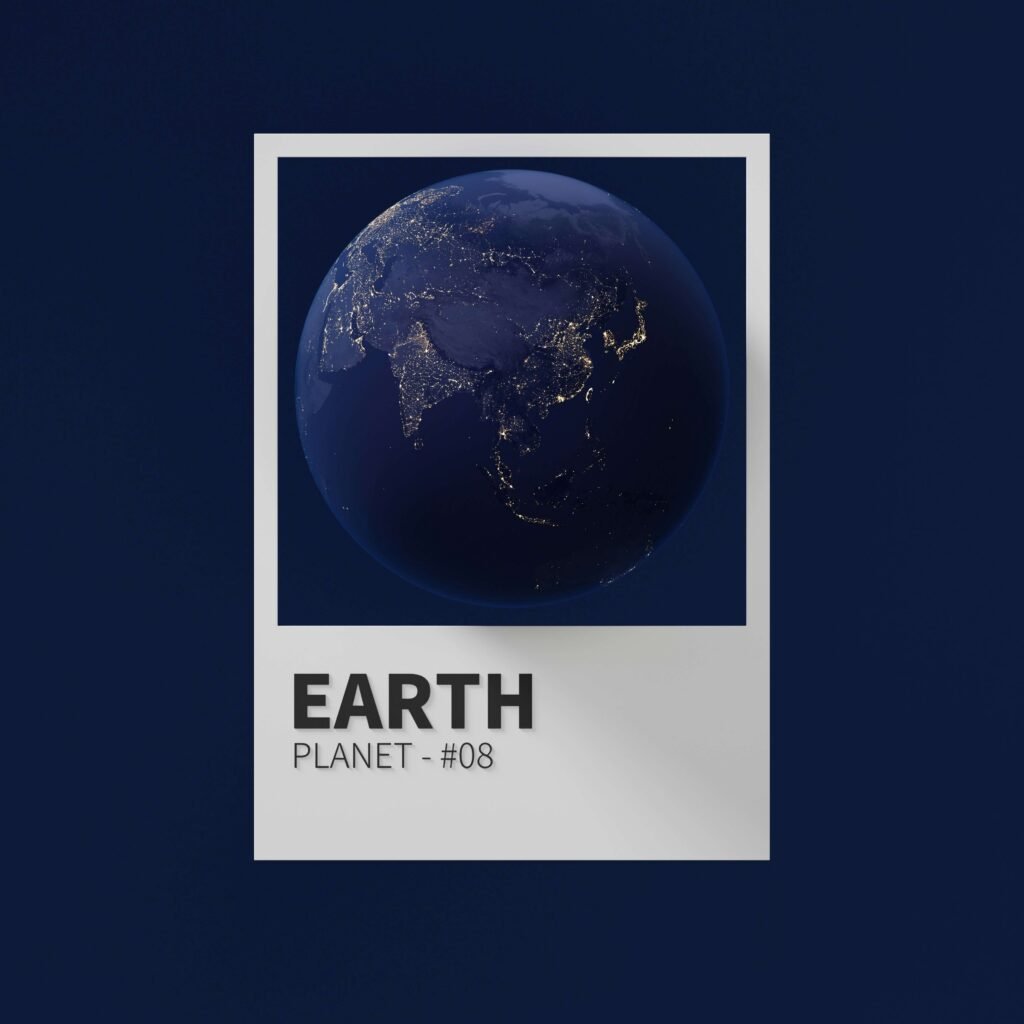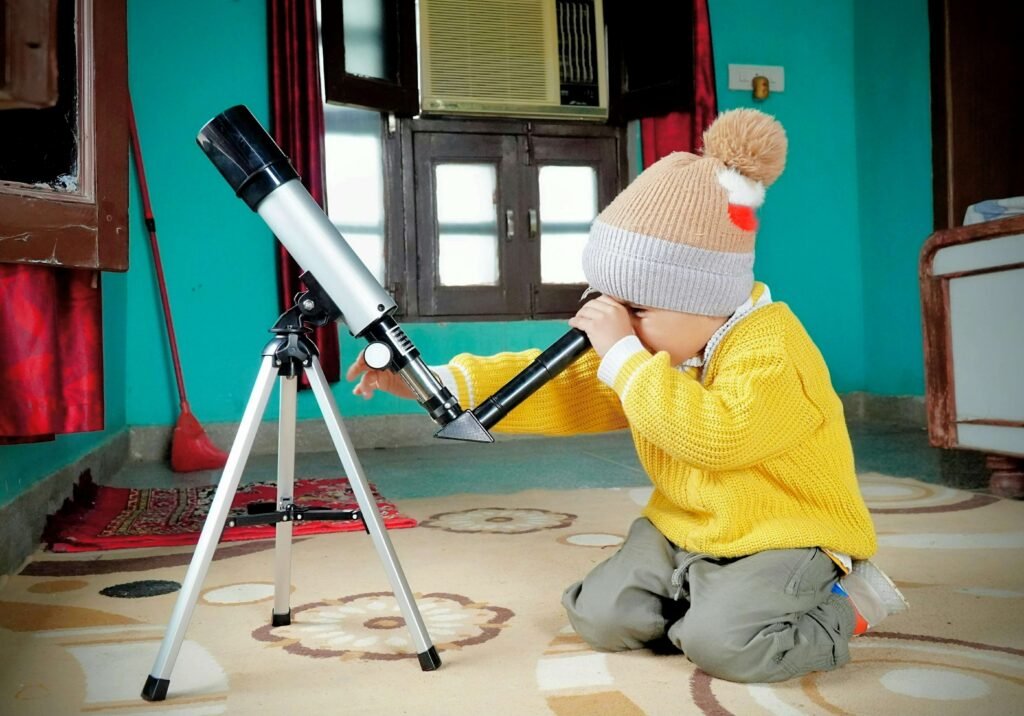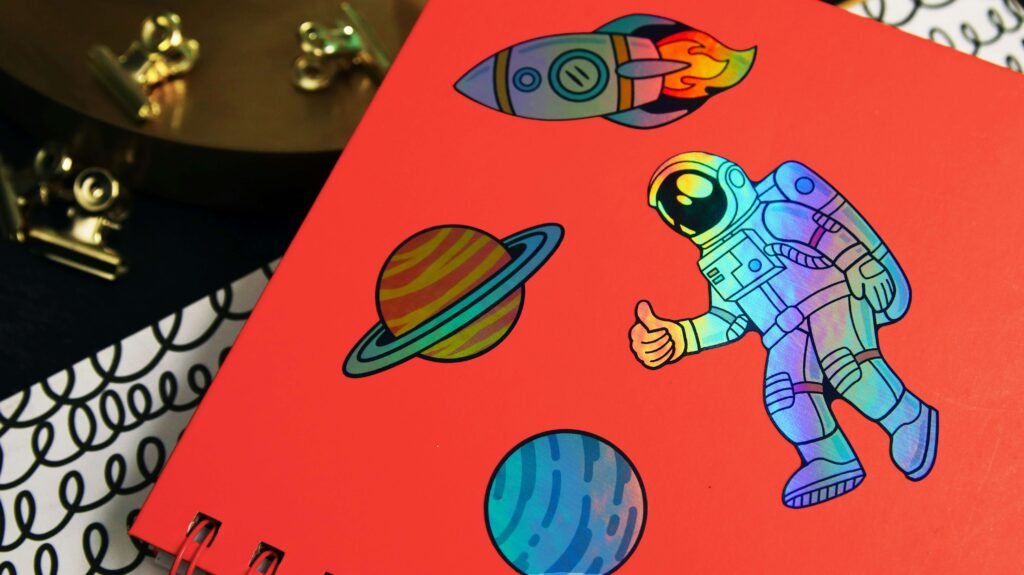09.06.2025
Using Space to Spark Big Questions in Kids
Educational Strategy

Why Space Inspires More Than Just Facts
When kids start learning about space, it’s not just the planets or stars that captivate them—it’s the mystery. Space invites big, imaginative, open-ended thinking. It’s not unusual for a child who learns about the moon to ask, “Are there other Earths?” or “What’s beyond the galaxy?” These are questions that stretch far beyond memorization. They invite kids to think critically, creatively, and curiously—and that’s the heart of real learning.
The Power of Wonder
Unlike many school subjects, space naturally inspires awe. It teaches kids to sit with the unknown. That’s a powerful skill. When a child learns about the vast distances between planets or the mind-bending concept of a black hole, they’re doing more than gaining facts—they’re learning how to think beyond what they see. That “wow” moment is often the first step toward deeper questions about science, life, and their place in the universe.
How Parents Can Support Big Thinking
You don’t need a science background to guide your child through these questions. In fact, the best thing you can do is listen. When your child asks something big—like “Is there an edge to space?”—don’t rush to answer. Ask them what they think. Look up answers together. Talk about how scientists are still discovering things. This helps your child feel empowered as a thinker, not just a student.
You can also offer tools that support open-ended thinking. Use printable learning packs that include question prompts. Try trivia games that go beyond “right or wrong” and spark discussion. Incorporate journaling pages where kids can record their theories, draw alien worlds, or list things they’d take on a space mission. This keeps the learning active and personal.
Asking Questions Builds Confidence
Sometimes, kids are nervous to be wrong. Space education helps shift that mindset. Since no one knows everything about the universe, kids see that even experts are still exploring. This creates a safe space for guessing, imagining, and hypothesizing. It teaches kids that questions aren’t something to be afraid of—they’re how we grow.
You can encourage this by making space learning flexible. If a printable quiz leads to an unexpected question, let the conversation flow. If your child wants to skip ahead in a unit study to learn about comets before finishing the planets, that’s okay. The goal is engagement, not perfection.
Space Is a Doorway to Lifelong Learning
When kids learn that it’s okay to ask big questions and not know all the answers, they start to develop a mindset that will serve them far beyond astronomy. They’ll be better problem-solvers, more creative thinkers, and more emotionally resilient when they face uncertainty. All from a lesson that started with the stars.

Share

09.06.2025
A Parent’s Guide to Making Space Education Easy
Space Is Big—But Teaching It Doesn’t Have to Be The universe might seem overwhelming, but introducing your child to space...

09.06.2025
The Benefits of Thematic Space Learning Units
A Universe of Knowledge—Organized When kids learn about space, it’s more than just stars and planets—it’s an entire universe of...

09.06.2025
Why Kids Love Planet Flashcards
Space in Their Hands There’s something magical about holding a whole planet in the palm of your hand. Flashcards may...

09.06.2025
Helping Kids Learn Science Without Screens
Rediscovering Hands-On Learning In an age where education often relies on tablets and video lessons, many parents and educators are...

09.06.2025
How Space Crafts Make Learning Fun for Kids
Turning Curiosity into Creativity Children are naturally curious about the world around them—and few things spark that curiosity quite like...


